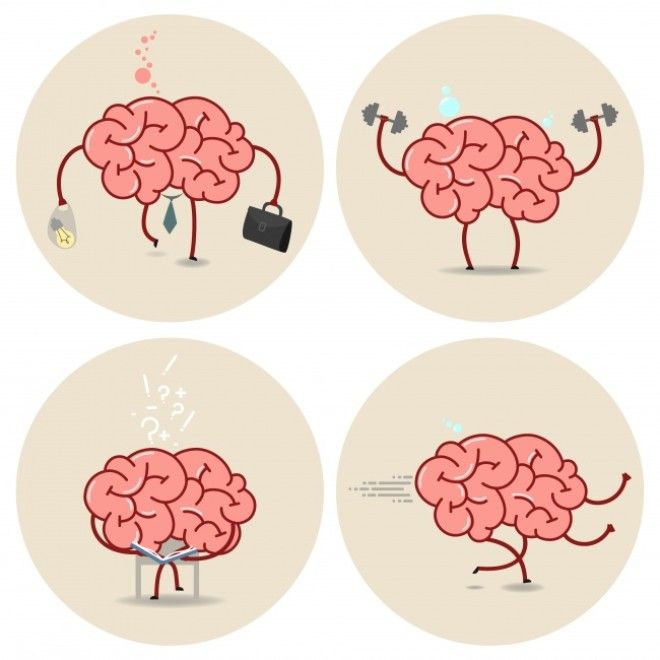Myth № 6: HIV doesn’t exist.

HIV (human immunodeficiency virus) relates to special retroviruses that exist in large amounts and varieties. Many animals have these retroviruses, and HIV is the first virus that was detected in humans. By the way, the Nobel Prize was awarded for the description and discovering of HIV.
Myth № 5: Our brain uses only 10% of its capacity. Or 5%.

Our brain works differently depending on the activity. When we read books, one part of the brain is involved; when we kiss, it’s another. A person cannot drive a car, play the guitar, and ski simultaneously, and that is the only reason why we can’t speed our cerebral activity up to 100%.
Myth № 4: Products containing GMO are dangerous.

All transgenic plants undergo experiments on biosafety, such as interaction with the environment and impact on human health. The best genotype is chosen out of a thousand possibilities. You can call that “artificial selection.”
Myth № 3: Global warming is a fairy tale.

Since 1905, the average temperature on our planet has increased by 0.86°C, which is a significant change. If the amount of greenhouse gas emissions doesn’t decrease, the temperature could rise by 2°C by 2040 and by 4 or 5°C by 2100. And this will change the climate system of Earth.
Myth № 2: You stay drier if you run in the rain.

The myth says that if you are caught in heavy rain with no umbrella, you should run because you will get out of the rain faster and also encounter fewer raindrops. However, a recent experiment proved that walking actually keeps you much drier. The experiment was held both with and without wind with the same amount of time given. In both cases, the walking option kept the participants drier.
Anyway, so as not to have to check it yourself, always remember to carry an umbrella.
Myth № 1: Ethnicity lies in genes.

Ethnicity (or ethnic identity) doesn’t come from your DNA — it’s more of a social concept than a cultural one. The times when ethnicity was considered to be a biological concept are in the past. Ethnicity, just like language, is not an innate sign, and people gain (or don’t gain) it while communicating with others. 2 sisters, for example, have a similar set of genes, but they are manifested in different ways.

